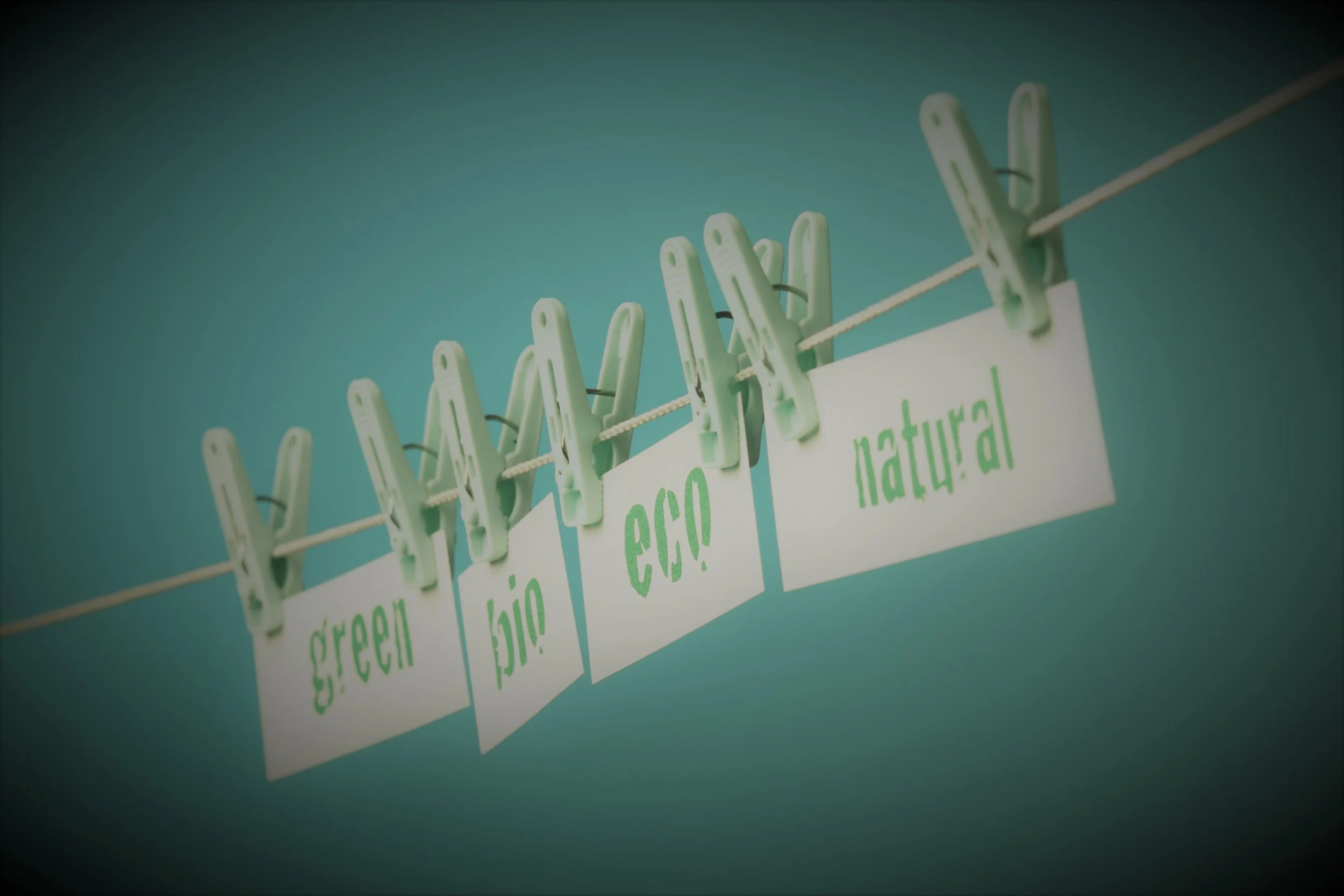Making Green Claims
All of us are becoming more environmentally conscious and as a business owner you might be taking steps to help protect the planet. This could be directly, by selling products which help consumers lower their carbon footprint, use less chemicals, re-use or refills, or it may be in-directly by how you operate your business. Either way…great work, we love to see responsible business and we try and do our bit too, it can also be great for marketing and increasing your sales to both consumers and other businesses.
If you’re making eco-friendly claims about your products or services it's important to ensure that your claims are accurate and not misleading. Here are some guidelines that will help you navigate the tricky world of eco-claims and avoid the “greenwash”:
Be honest
First of all, your claims should be clear, accurate, and not misleading. You need to make sure that your claims are based on solid scientific evidence and don't exaggerate the environmental benefits of your product or service.
Get specific
Context and qualifications are also important when making eco-claims. If you're claiming that your product is "recyclable," you need to be specific about what materials it's made of and what recycling facilities are available. And when making comparisons with competing products, make sure that you're not unfairly denigrating their environmental performance.
Be complete
It's not just about the product, but the entire life cycle. You should take into account the environmental impact of your product or service from raw materials to manufacturing, distribution, use, and disposal.
The law and guidance
Now, let's talk about regulations. The UK Competition and Markets Authority has developed a Green Claims Code, which sets out the principles that businesses should follow when making environmental claims.
Read the Green Claims Code here.
Following the guidance in the Code helps ensure you’re complying with the Consumer Protection from Unfair Trading Regulations 2008, which prohibits businesses from engaging in unfair commercial practices that are likely to mislead consumers.
You should also be aware of other regulations and standards that may apply to your claims. For instance, if you're claiming that your product is "organic," you may need to comply with rules set out by an organic certification body.
In short, making eco-claims can be a powerful marketing tool for your business, but it's important to be careful and follow the rules. By following the CMA Green Claims Code, CPRs, and other relevant regulations and standards, you'll be able to build trust and confidence with environmentally conscious consumers, while also doing your part to protect the planet.
If you have any questions or would like us to review or provide advice on your claims, drop us a message or book a Compliance Call


